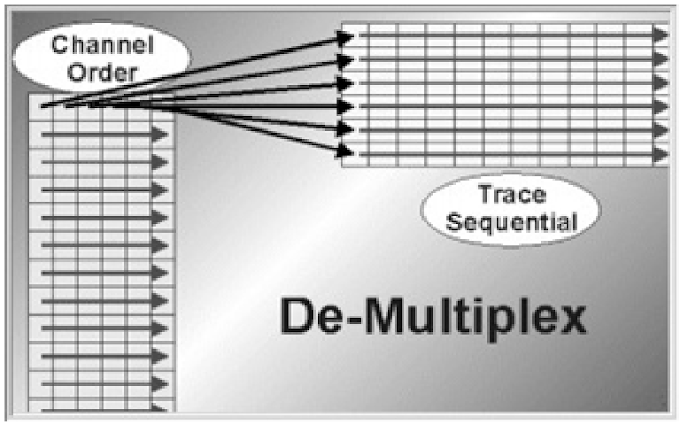by David Brooks
Geothermal energy doesn't get its due, especially here in the US. When renewable energy is mentioned in the media, it's always the same players - wind and solar. This duo seems as ubiquitous as peas and carrots. Here's my case for geothermal.When it comes to renewable energy, wind and solar are the media darlings. Every time I hear renewable energy mentioned on TV or radio, it's always wind and solar. If geothermal is mentioned, it's an afterthought, and said almost under the announcer's breath. Why? Given the immense importance of the United States' (and the world's) energy future, this is not the time to complacent. The stakes are too high as global warming looms large over our collective heads and the era of easily-accessible fossil fuels winds down. Our transition away from hydrocarbons to renewable energy is way too critical for any of us not to be informed about all available viable options.
Why you ask? Because informed and motivated citizens equates to political action which in turn starts the flow of money for development. We are all influenced by the media and public opinion. This is especially true of politicians. Why do you think they spend so much money doing polling. It is their way of determining what we, the public, want from them. We should also be wanting geothermal energy.Solar and wind are viable alternatives but they have their detractions. So does geothermal. But given the facts, geothermal, at the very least, deserves equal billing. Actually, the US is already the world's largest producer of electricity from geothermal. A fact that few, outside of the geothermal industry, know. According to the Geothermal Energy Association, "geothermal power makes up a total of 3.15 gigawatts (GW) of installed capacity in the United States, its largest producer, and more than 10 GW worldwide." So, while geothermal gets fewer headlines and media attention it actually supplies more mega-watt hours of electricity than either wind or solar.
Geothermal power plants provide what is known as base load power i.e., they produce power at a constant rate, just like coal-fired, natural gas, hydroelectricity or nuclear power plants. Wind and solar energy are generally considered intermittent power sources. That doesn't mean that wind and solar are unimportant, we need all three - four if you add in hydropower. Geothermal resources are not available everywhere, at least not for power plants. Home geothermal heat exchangers are used almost anywhere.
Fortunately, in the US, geothermal development is, albeit quietly, on the rise. According to the Geothermal Energy Association, "geothermal power projects grew 46 percent last year. That's up from about 30 percent growth in 2008." Furthermore, "If all of the planned projects were to go forwards as planned, an unlikely scenario, the total U.S. geothermal capacity would reach today's worldwide capacity of 10 GW - enough to meet the power needs of an average 10 million people or supply 25 percent of California's 2008 power consumption. But advocates believe the ultimate potential to be much larger still."
As mentioned, not all of these planned geothermal projects will go forward. Nonetheless, there's a quite a ground-swell of geothermal exploration and development happening in America and it's happening right beneath our feet, literally and metaphorically.
The bottom line is, it is time geothermal energy started getting it's due. When, and if, you ever talk about renewable energy keep this article in mind. Tell your local politicians you care about funding geothermal exploration. When you see a news report about green energy, send them an email to mention geothermal next time. Start a groundswell. It's our future and the stakes are high. - David Brooks




0 Comments